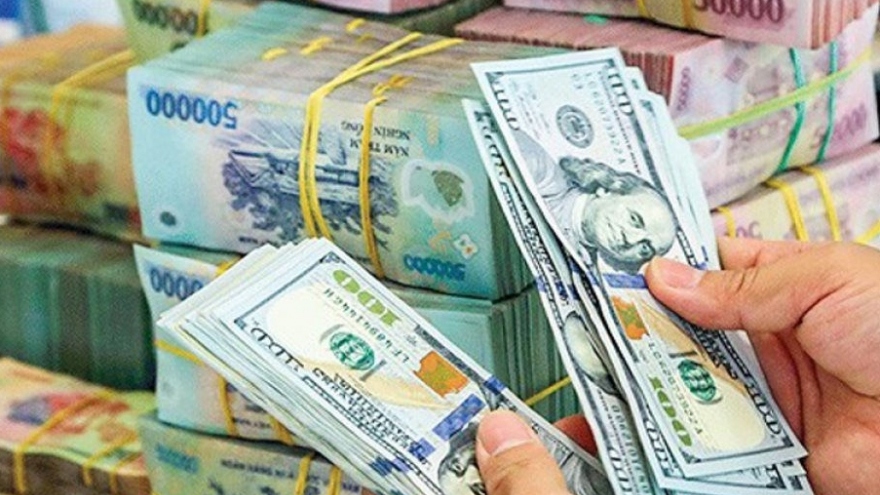Vietnam not manipulating currency: US Treasury
The US Department of the Treasury has officially announced in its latest report that Vietnam does not manipulate currency.

Under the department’s semiannual report on macroeconomic and foreign exchange policies of major trading partners of the US released recently, Vietnam was named in the monitoring list, together with mainland China, Japan, the Republic of Korea, Taiwan (China), Singapore and Germany, as Vietnam met the criteria for having a significant bilateral trade surplus with the US and a material current account surplus.
The department applies three criteria to assess potential currency manipulation by major trading partners, including bilateral trade surplus with the US, current account surplus and prolonged one-sided intervention in foreign exchange markets.
According to the department, Vietnam’s bilateral trade surplus with the US has expanded dramatically over the past six years, primarily driven by growth in goods trade, led by electronics and machinery. The bilateral goods and services surplus was US$111.7 billion over the four quarters through June 2024. Over the same period, the bilateral goods trade surplus was US$113.3 billion, US$7 billion higher than the level from the previous four quarters.
Vietnam continues to have the third-largest goods surplus with the US. The country has modest bilateral services trade with the US and has long run a small bilateral services trade deficit. In the four quarters through June 2024, that services deficit was US$1.6 billion.
Meanwhile, Vietnam’s current account surplus stood at 5% of GDP over the four quarters through June 2024. The current account continues to record large quarterly surpluses, after registering deficits in 2021 and 2022 when COVID-related production constraints weighed on export earnings and elevated commodity prices drove import prices higher.
The goods trade balance increased 8.6% over the period on recovering overseas demand for factory goods. The current account surplus has also been supported by increased remittances even as net services income remains below pre-pandemic levels and corporate profit repatriation has slightly increased.
According to the report, economic growth in Vietnam over the four quarters through end-June 2024 rose to 7.1%, up from 4.3% over the four quarters ending in June 2023. Activity accelerated on increased demand for Vietnamese exports among key trading partners, which boosted industrial production and investment. Over the reporting period, goods exports amounted to US$380 billion, up 8% from the previous four quarters. The IMF forecasts 6.1% annual growth on an annual basis in 2024.
Following a rebound in economic activity over the second half of 2023, the Vietnamese government has signalled a desire to consolidate fiscal policy. The planned budget deficit is roughly one percentage point lower this year, at 3.6% of GDP, down from the 4.4% of GDP target in 2023.
Notably, in recent years, actual budget execution has fallen short of spending plans. Despite the turn toward deficit spending in 2023 after recording a small surplus in 2022, public debt as a share of GDP remained around 34% as nominal growth outpaced rising nominal debt


